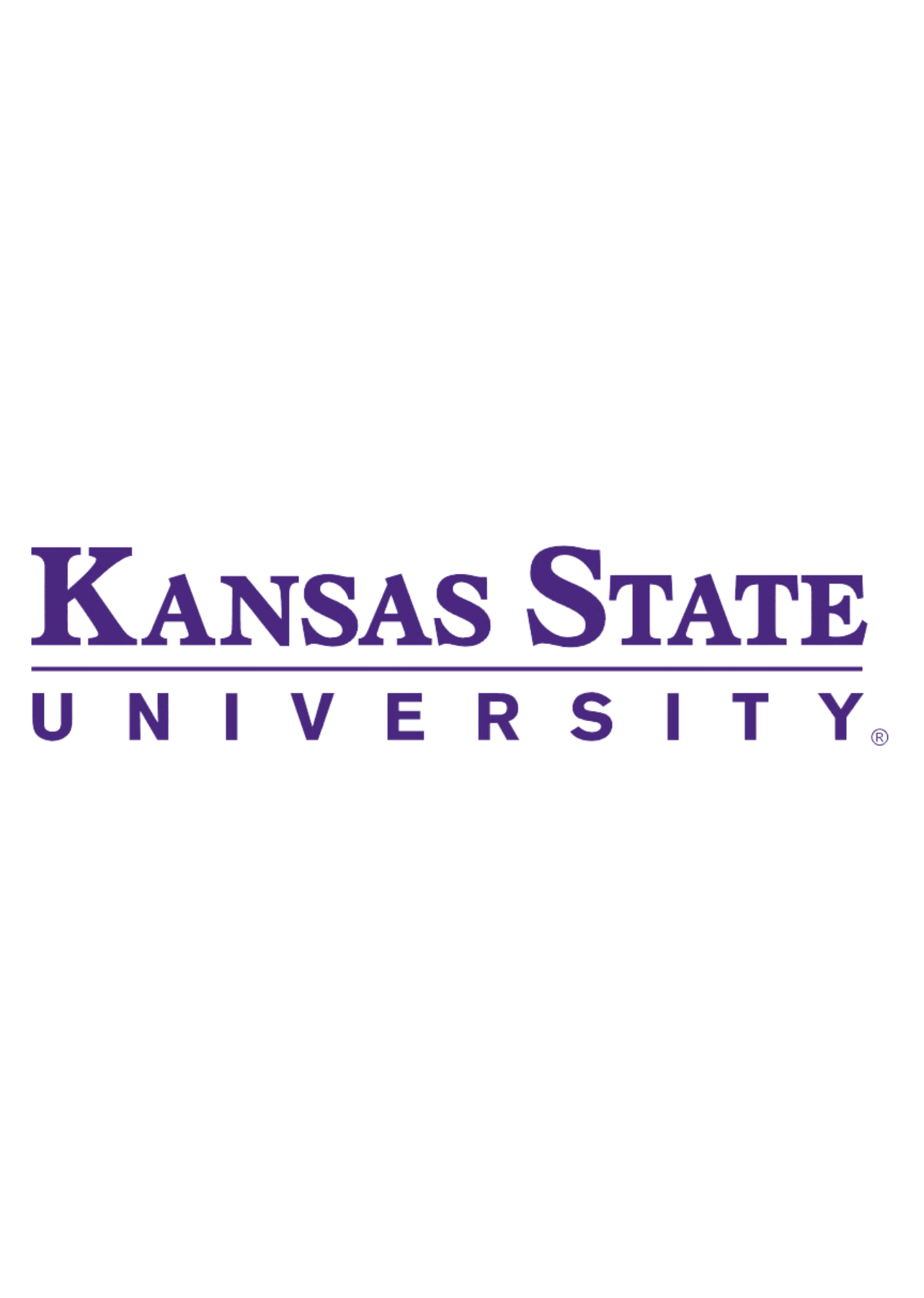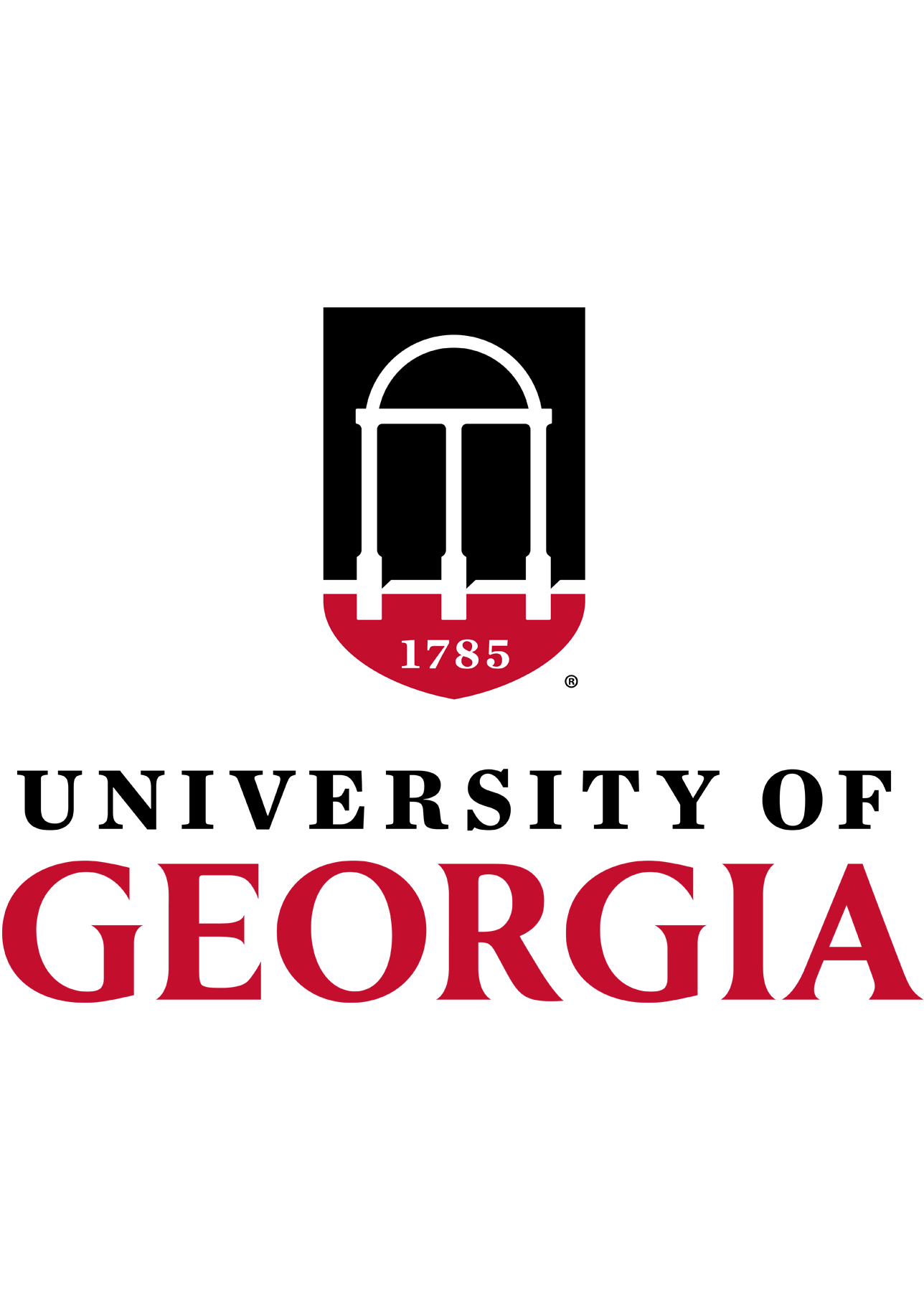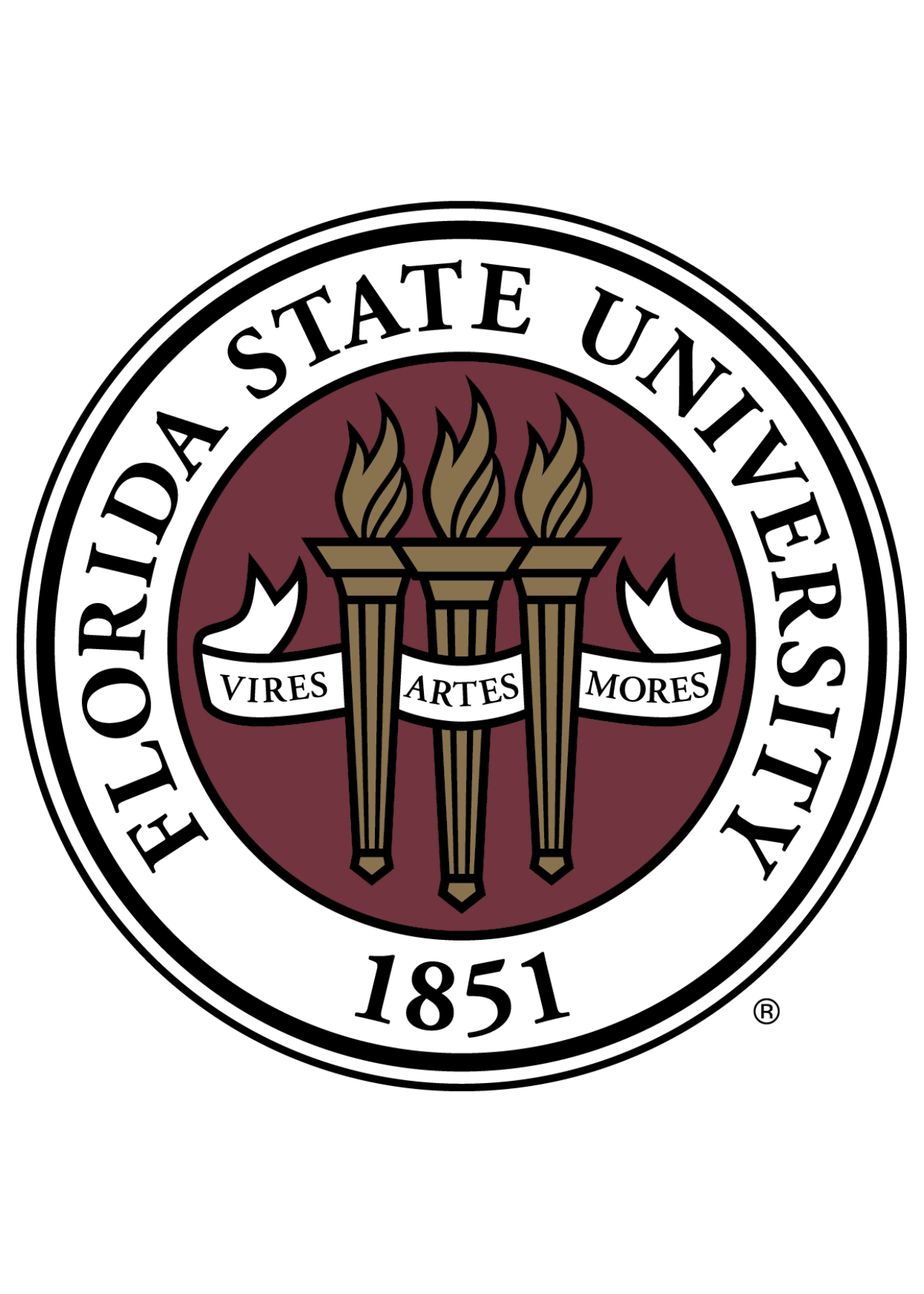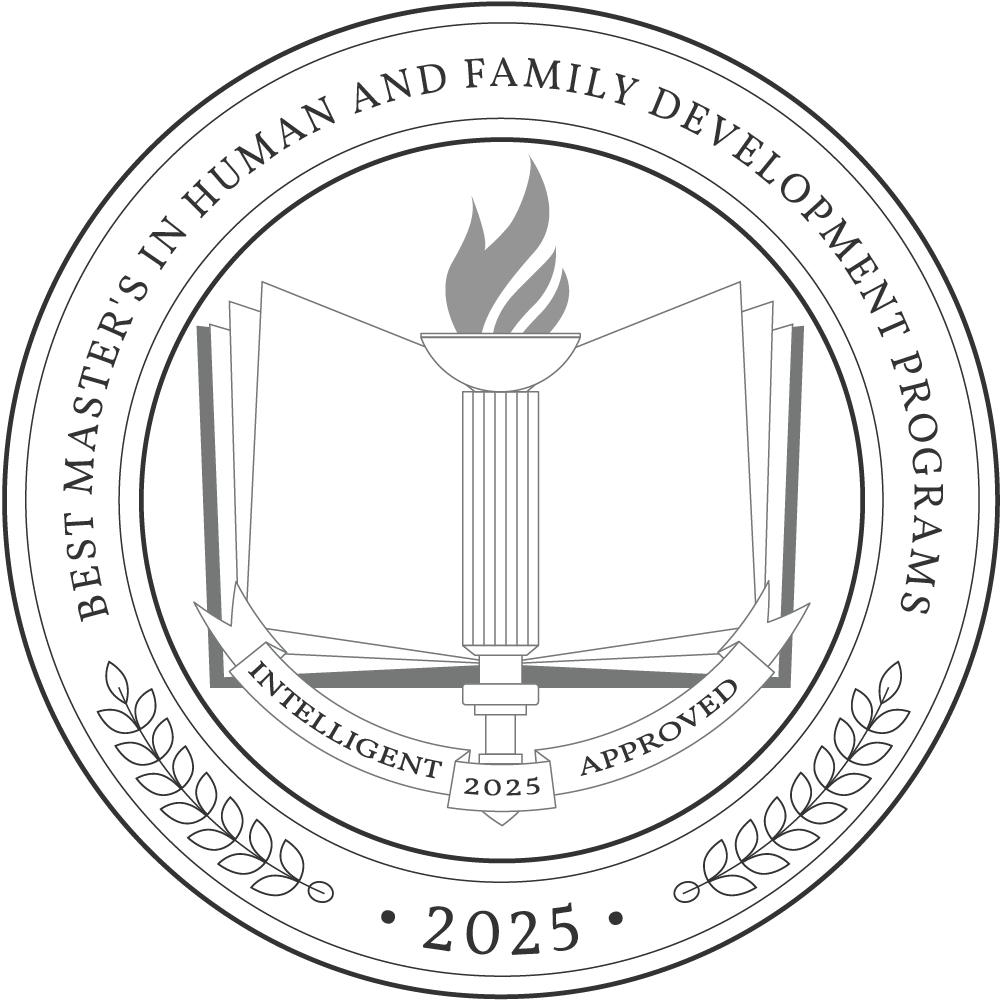A background in human and family development is essential for social workers, occupational therapists, youth coaches, family advocates, behavioral specialists, and anyone working with children and families. Human and family development programs provide these workers insight into how cognitive, physical, social, and emotional development affects individuals and the entire family unit.
In 2022, the average cost of a master’s degree in human and family development was $20,513. Graduates from these programs go on to careers related to children and families — for example, childcare program coordinators earn a median annual pay of $49,690, and social services caseworkers average $55,350 annually. They can also become social and community service managers, who earn a median wage of $74,240, or occupational therapists, who make $93,180 per year.
Why Trust Us
The Intelligent.com Higher Education Team is dedicated to providing students with independent, equitable school and program rankings and well-researched resources. Our expert-driven articles cover topics related to online colleges and programs, paying for school, and career outlooks. We use data from the U.S. Department of Education’s College Scorecard, the National Center for Education Statistics, and other reputable educational and professional organizations. Our academic advisory team reviews content and verifies accuracy throughout the year for the most current information. Partnerships do not influence rankings or editorial decisions.
- Analyzed over 2,000 national, accredited, and nonprofit colleges and universities
- 800+ rankings pages are reviewed and updated yearly
- Content is informed by reputable sources, surveys, and interviews with academic advisors and other experts
- Over 100 data points are reviewed for accuracy and quality throughout the year, including sources
How we rank schools
Our list features the best Human And Family Development degree programs at top colleges nationwide. Each school featured is a nonprofit, accredited institution — either public or private — with a high standard of academic quality for post-secondary institutions.
We evaluated each school’s program on tuition costs, admission, retention and graduation rates, faculty, reputation, and the student resources provided for online students. We collected data from trusted sources like the National Center for Education Statistics, individual school and program websites, school admissions counselors, and other data sources. Then, we calculated the Intelligent Score on a scale of 0 to 100 based on the following criterion:
Academic Quality:
- Admission rate versus enrollment rate
- Retention rate of students who return after year one
- Accreditation status (regional and programmatic)
- Nonprofit status, both private and public institutions
Graduation Rate
- Overall graduation rate
- Total number of currently enrolled students, including diversity metrics
- Student-to-faculty ratio
Cost and ROI
- In-state and out-of-state per-credit tuition rates and fees
- Required credits to graduate
- Earning potential after graduation
- Availability of federal student loans, scholarships, and other financial aid options
Student Resources
- Available student services for online-only and hybrid programs
- On-campus amenities like tutoring centers and the number of libraries
Read more about our ranking methodology.
Best 7 Accredited Human and Family Development Degree Programs
FiltersInstitution Type
Status
- Intelligent Score
- Alphabetically By University Name
- Acceptance Rate
- Enrollment
- In-state Graduate Tuition
- Out-of-state Graduate Tuition
- In-state Undergraduate Tuition
- Out-of-state Undergraduate Tuition

Cornell University
Intelligent Score: 99.88In-state: $58,586
Out-of-state: $58,586
In-state: $29,500
Out-of-state: $29,500
SAT: 1400-1540
ACT: 32-35
$693
On-Campus
Middle States Commission on Higher Education
30

The University of Alabama
Intelligent Score: 98.59In-state: $10,780
Out-of-state: $30,250
In-state: $10,780
Out-of-state: $10,780
SAT: 1070-1330
ACT: 23-31
Resident: $370 - $616
Non-Resident: $1,080 - $1,800
On-Campus, Online
National Academy of Early Childhood Programs of the National Association for the Education of Young Children
30-36

Michigan State University
Intelligent Score: 98.03In-state: $15,555
Out-of-state: $40,384
In-state: $18,858
Out-of-state: $18,858
SAT: 1100-1300
ACT: 23-29
Resident: $867
Non-Resident: $1,703
On-Campus
Higher Learning Commission
30

Kansas State University
Intelligent Score: 96.67In-state: $9,375
Out-of-state: $25,251
In-state: $10,212
Out-of-state: $10,212
SAT: N/A
ACT: N/A
Resident: $450
Non-Resident: $1,007
On-Campus
Certified Family Life Educator
30

Oklahoma State University
Intelligent Score: 94.48In-state: $5,357
Out-of-state: $20,877
In-state: $5,531
Out-of-state: $5,531
SAT: 1020-1250
ACT: 21-28
Resident: $233
Non-Resident: $879
On-Campus
Higher Learning Commission
30

University of Georgia
Intelligent Score: 92.10In-state: $9,790
Out-of-state: $28,830
In-state: $8,878
Out-of-state: $8,878
SAT: 1250-1460
ACT: 29-33
Resident: $370
Non-Resident: $1,050
On-Campus
Southern Association of Colleges and Schools Commission on Colleges
36

Florida State University
Intelligent Score: 90.53In-state: $4,640
Out-of-state: $19,084
In-state: $9,684
Out-of-state: $9,684
SAT: 1220-1350
ACT: 27-31
Resident: $479
Non-Resident: $1,110
On-Campus, Online
Southern Association of Colleges and Schools Commission on Colleges
30
How to Choose a Human and Family Development Degree Program
Choose your area of study
Think about your desired career path and preferred areas of study before choosing a specific degree. Students who wish to apply their degree toward a career in education — or who are interested in exploring human and family development through the humanities — may consider degrees like:
- Master of Education in Human Development Counseling
- Master of Education in Applied Human Development
- Master of Arts in Human and Family Development
- Master of Arts in Education and Human Development
Other degrees in human and family development take a scientific and research-based approach. If you’d like to pursue a degree with that focus, these degrees may be a good fit:
- Master of Science in Human Development and Family Studies
- Master of Science in Human and Family Services Administration
- Master of Science in Family Studies
- Master of Science in Marriage, Family, and Human Development
Research schools and programs
To ensure that your degree program offers high-quality courses and transferable credits, research whether it’s institutionally and programmatically accredited. Accreditation agencies such as the Higher Learning Commission (HLC) and the Southern Association of Colleges and Schools Commission on Colleges (SACSCOC) offer lists of schools that meet their academic standards. Regarding accreditation for human and family development programs, consult the Council on Education for Public Health or the National Association for the Education of Young Children (NAEYC).
Other factors to consider when researching your school or program include location, faculty, cost, and coursework. Don’t rule out schools you haven’t heard of before — take tours of prospective colleges and talk to graduates or professors from those departments.
Prepare for tests and applications
If you still need to take the Graduate Record Examination (GRE), sign up for a testing date at least six weeks before your application deadline. Taking it even earlier than six weeks can give you time to retake it as needed if you’d like to submit a higher score.
In addition to the GRE, you’ll need sealed transcripts from your bachelor’s program, letters of recommendation from professors or employers, and an application letter that explains why you’re applying for a human and family development master’s degree. Some schools require application interviews, observation hours, and specific undergraduate prerequisites.
Select your program
Human and family development programs are available in several departments, including schools of public health, colleges of human sciences, and colleges of education and human development. Research the departments that offer your desired degree and see which is right for you based on coursework and scheduling.
Consider other needs, such as housing and transportation, when deciding. Students who require housing should prioritize schools with graduate room and board options, while students who plan to live off campus may care more about public transportation options or the culture of their prospective new town.
Determine how you’ll pay for your degree
First, fill out the Free Application for Federal Student Aid (FAFSA) form to see how much aid you qualify to receive. Once you have your FAFSA information, contact the financial aid office at your school. They can tell you about scholarships, grants, loan forgiveness, employer tuition assistance, and special programs available for students who need help paying for their degree.
What Can You Expect From a Human and Family Development Degree Program
Like many postgraduate degrees in education or public service, human and family development programs incorporate a cohort model with field-based experiences, which may include internships in a student’s desired career. These programs typically culminate in a final research-based thesis, capstone project, or dissertation in scientific degrees.
Potential courses you’ll take in a human and family development degree program
- Human Development. In this fundamental course, students learn about traditional and evolving concepts of human development, family theories, and critical thinking.
- Child Development. Students study typical childhood milestones in social-emotional, psychosocial, physical, and cognitive development, as well as the best ways to foster growth and identify points of intervention.
- Public Health. Students compare historical and modern public health models through the lens of social gerontology and family policy. They explore how public health is treated through legislation and how to assess the health of a thriving or struggling community.
- Family Studies. Students learn about family formations through an economic and political lens, diverse family structures, and how individual development affects those structures.
- Research Methods. Using their prior knowledge of methodological foundations from prerequisite courses, students review quantitative and qualitative research methods in social sciences. They use data analysis and research design skills to address hypotheses and write the results of their studies.
Human and Family Development Degree Frequently Asked Questions
How do I apply to a human and family development degree program?
Visit your prospective school’s website for a preliminary look at application requirements and deadlines. You’ll likely submit an electronic work packet, though some schools may require paper versions of your application, particularly for transcripts, test scores, and letters of recommendation.
Most postgraduate programs include FAQs for admission on their site, but if you still have questions, contact the school’s admissions office for more information.
How much does a human and family development degree cost?
In 2023, the average cost of tuition for a master’s degree in human and family development was $20,513. That number will likely increase when you factor in the location, the cost of your desired program, housing, educational supplies, and other fees.
How long does it take to earn a human and family development degree?
It typically takes postgraduate students two years to finish a master’s degree in human and family development. With 30 to 60 graduation credits needed to complete (depending on your program), full-time students take around 15 to 30 units per year. Part-time students may take fewer units, which would take more time to earn their degree. If your school offers an accelerated postgraduate program, your timing may be closer to one to two years.

